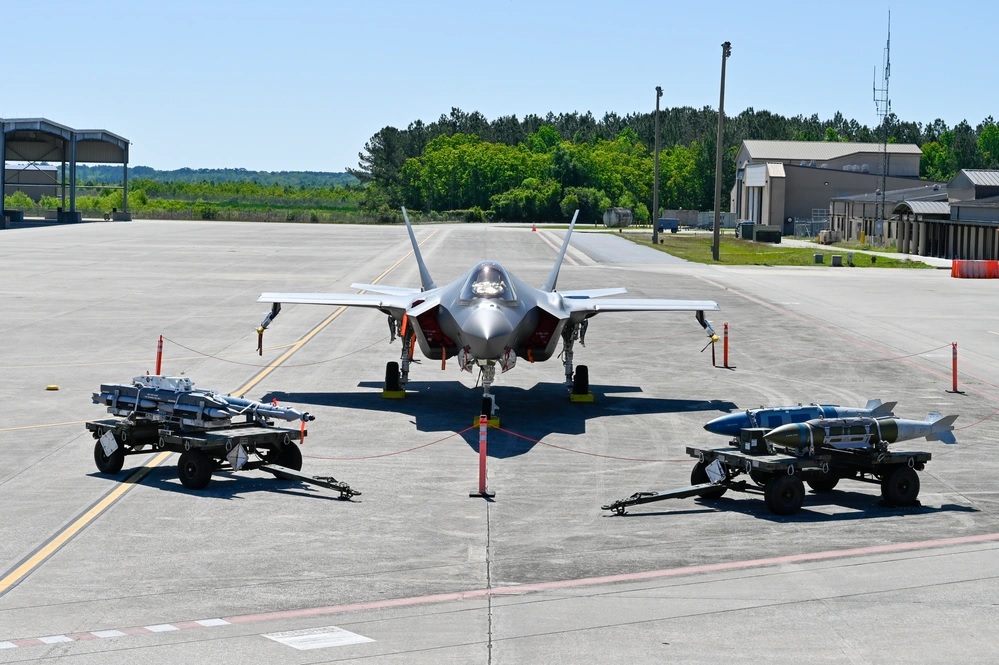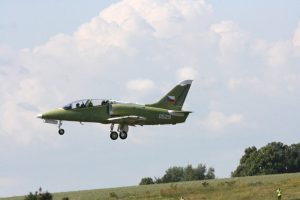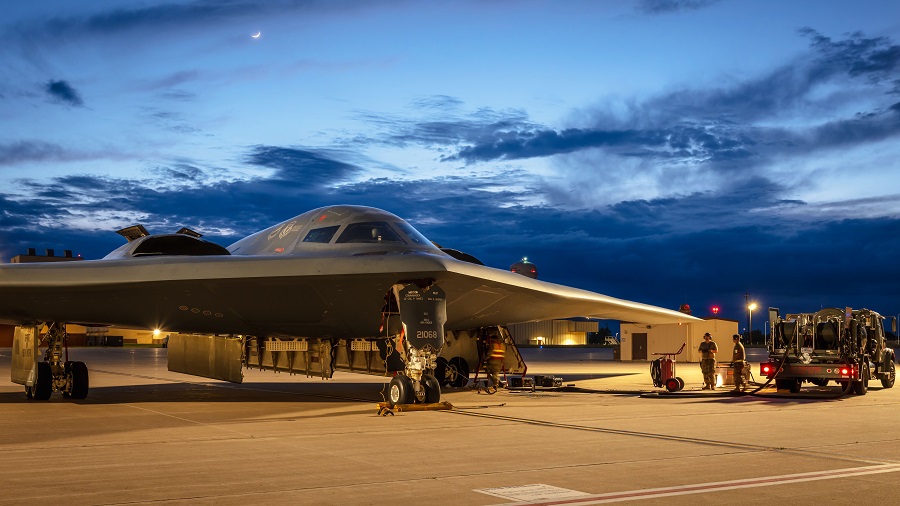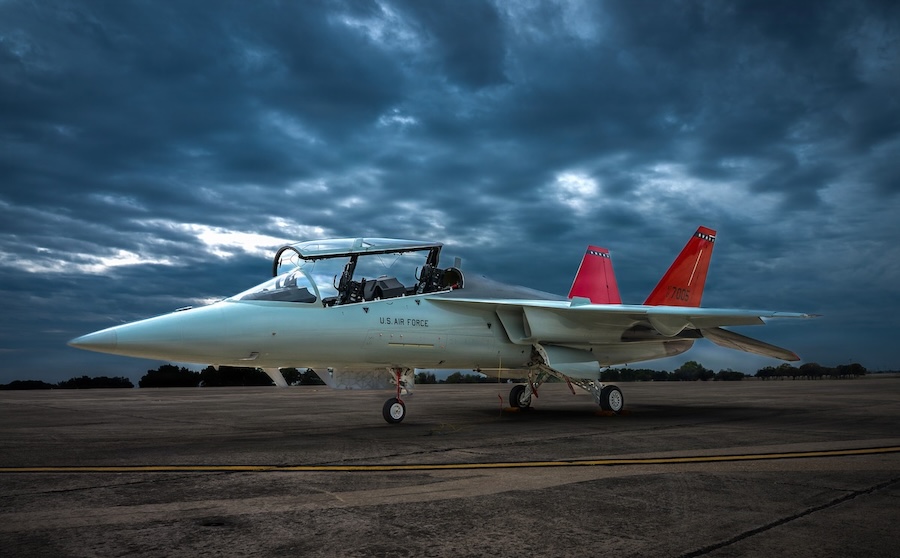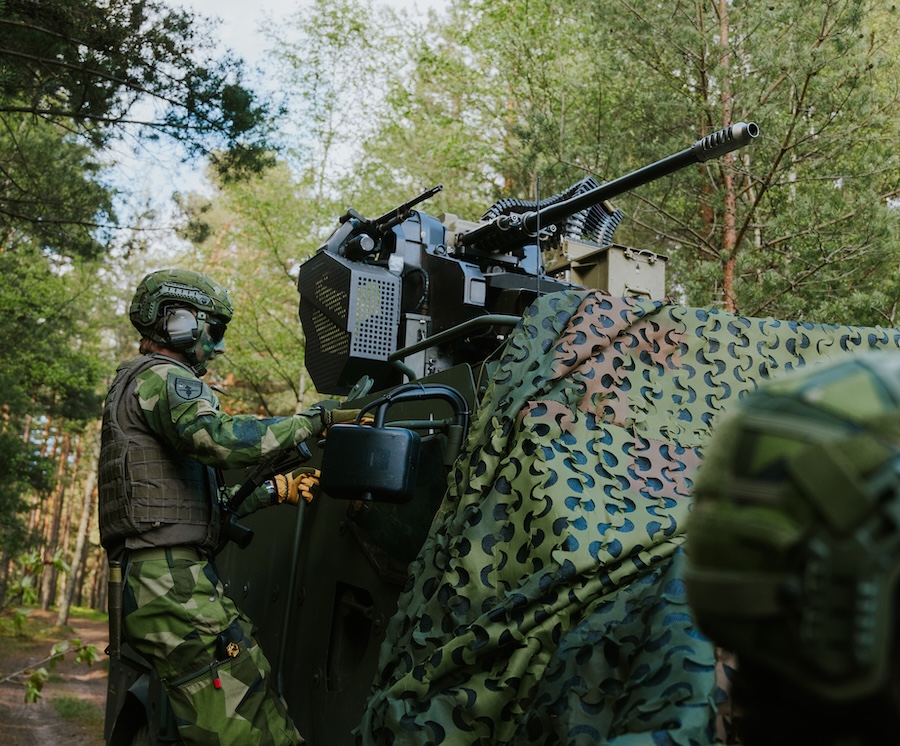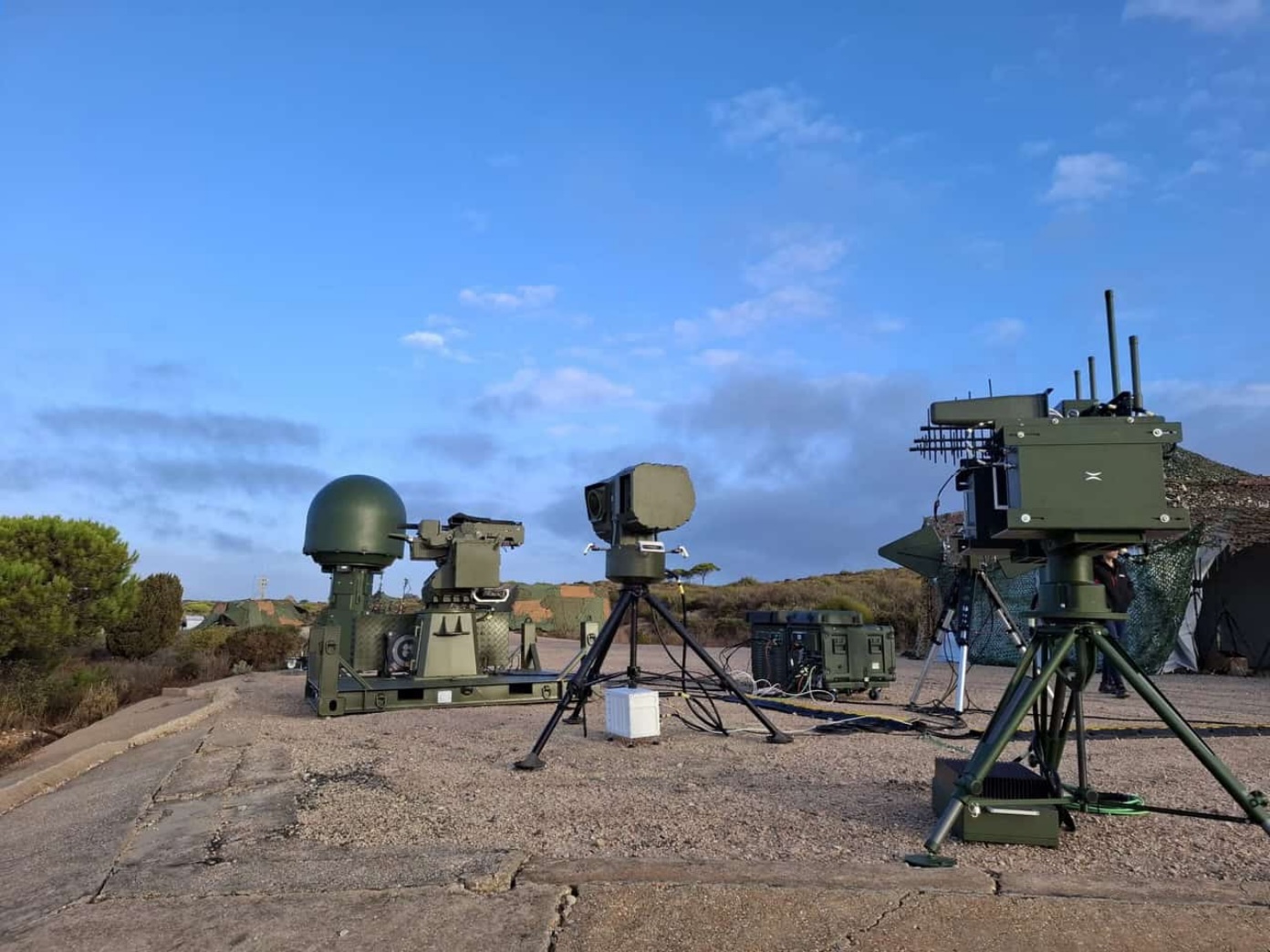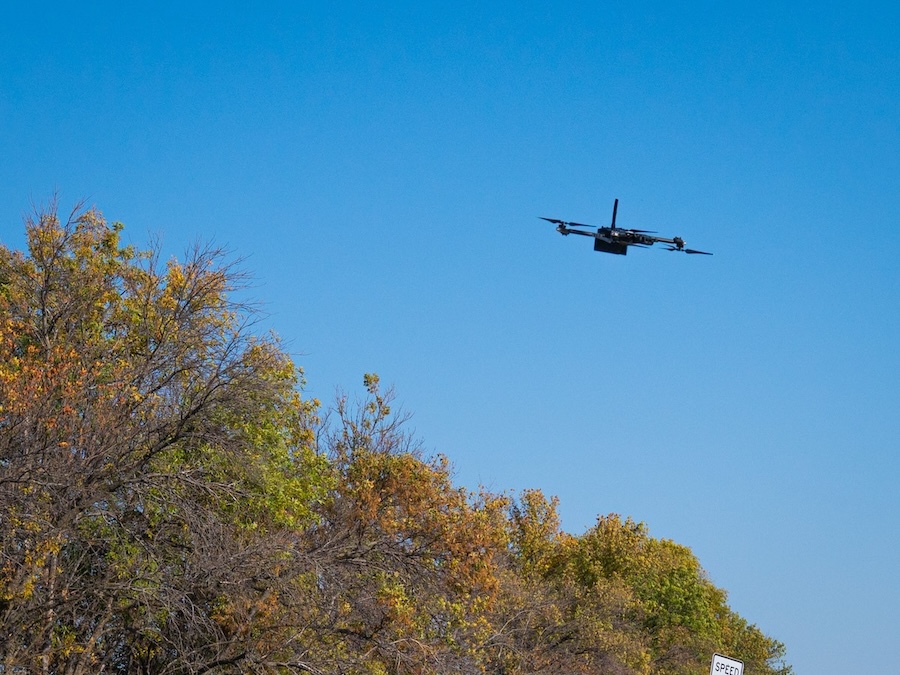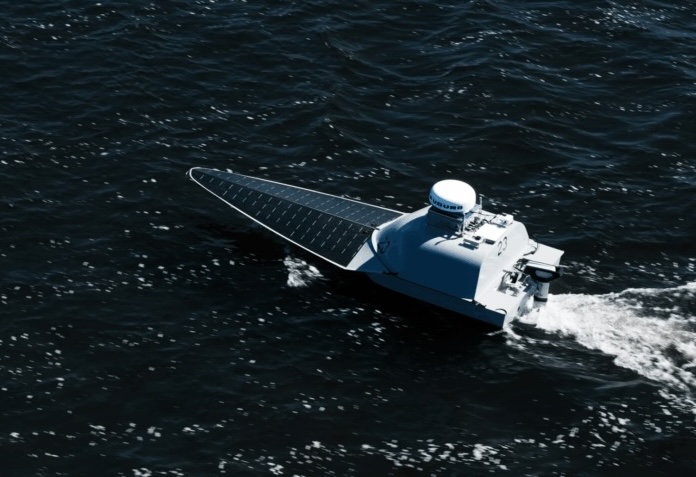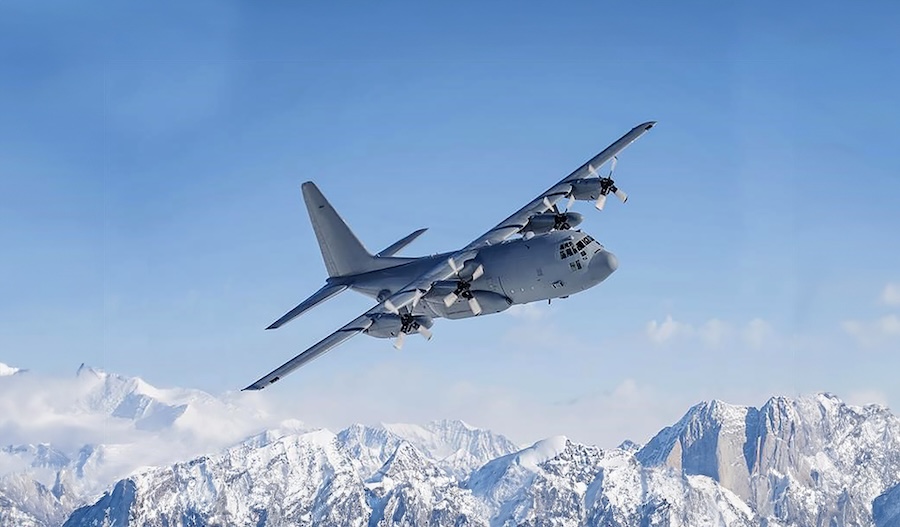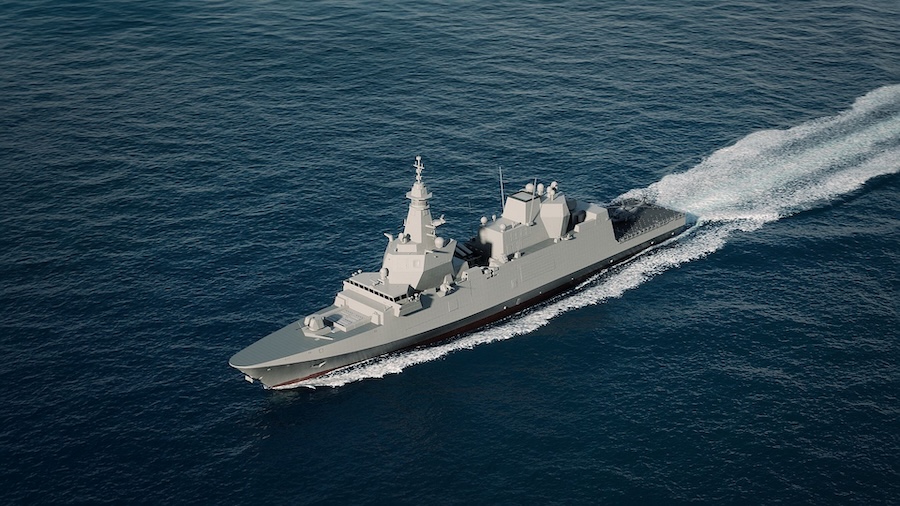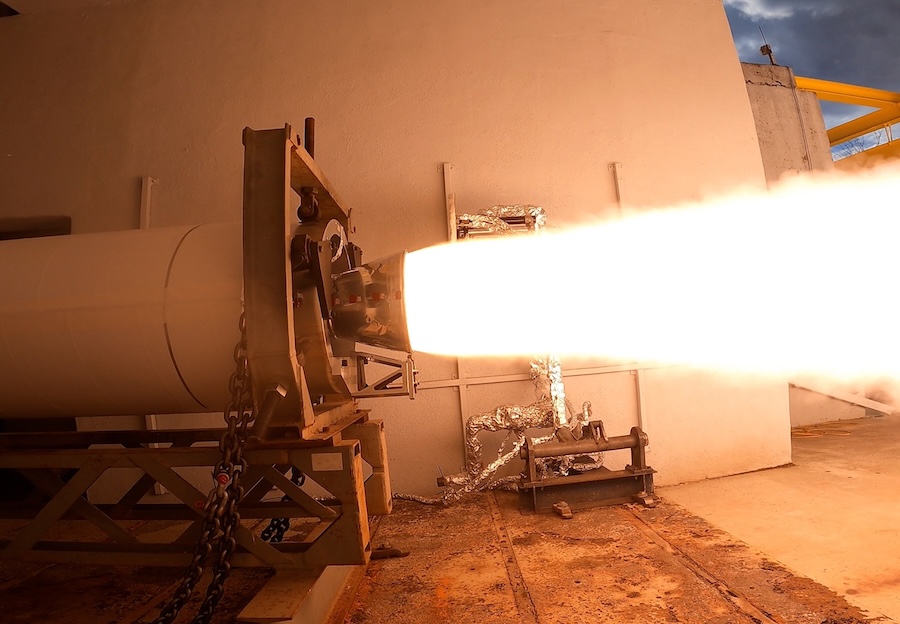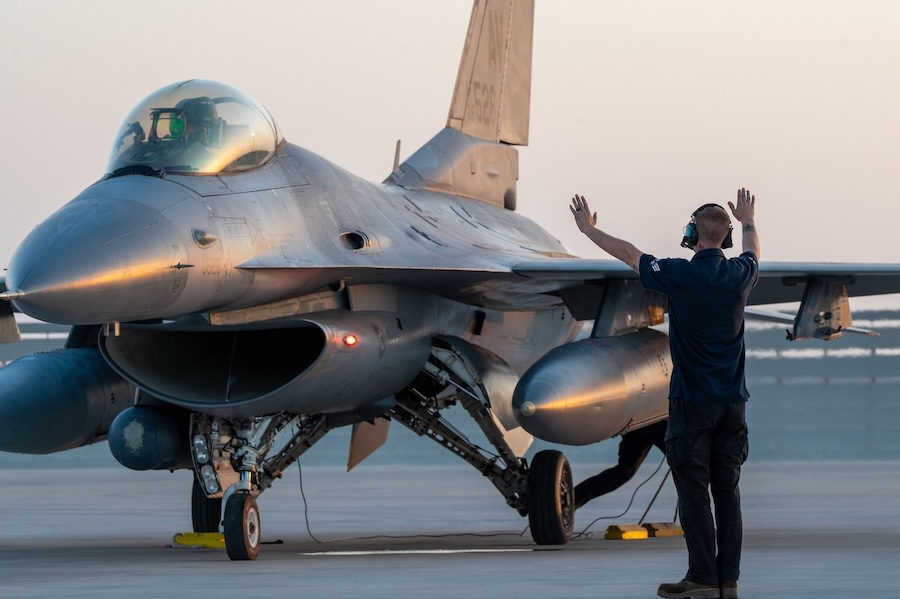Spain has decided not to pursue the U.S.-made fighter, instead favouring investment in European programmes such as additional Eurofighters and the Future Combat Air System (FCAS). Spanish newspaper El Pais reported on 6 August that the platform was “incompatible” with Spain’s defence spending plans.
The decision could end Madrid’s fixed-wing carrier aviation capability, currently provided by the ageing McDonnell Douglas AV-8. It also raises the prospect of the Spanish Air Force being left with a single-type front-line combat aircraft fleet after retiring the F/A-18 Hornet.
Prime Minister Pedro Sánchez has ruled out acquiring either the F-35A or F-35B, a move at odds with earlier expectations that both versions would be procured for the air force and navy. At the NATO Summit, Sánchez argued that radical increases in defence spending were “not compatible with the Spanish economy and welfare state.”
U.S. President Donald Trump admonished Madrid for its stance, suggesting Spain could contribute more through trade deals if it was unwilling to pay higher amounts for defence. Spain also remains wary of losing its position within the FCAS project, which is seen as vital to the country’s aerospace sector.
Commentators note that Spanish military officials have long avoided open discussion of the F-35, despite its perceived necessity. Some analysts even referred to the aircraft as “Voldemort… He Who Shall Not Be Named” due to fears of political and union backlash.
The government’s position could still change after the next general election, expected in summer 2027. Pressure might also increase if neighbouring Portugal or Morocco proceed with their own plans to purchase the F-35.
Switzerland is facing a potential 1.3 billion Swiss franc ($1.6 billion) increase in the cost of its order for 36 F-35As. Lawmakers believed they had secured a fixed price of 6.035 billion Swiss francs when the deal was signed in September 2022, but were informed by the U.S. in June of possible rises due to raw material and energy costs.
The Swiss government rejected the claim and secured independent legal advice supporting its position. Yet Bern admitted that “the U.S. was unwilling to deviate from its stance” that no fixed price was guaranteed under the Foreign Military Sales agreement.
Swiss Defence Minister Martin Pfister said Bern is considering offset arrangements with Lockheed Martin or reducing the number of aircraft to mitigate additional costs. He added at a press conference that terminating the contract would leave Switzerland unable to police its airspace after 2032, when its current F/A-18s are withdrawn.
The F-35 procurement remains politically contentious in Switzerland. A referendum in September 2020 approving new fighter aircraft passed by only 50.1%, and a campaign to halt the subsequent F-35 selection failed to gather enough signatures to move forward.
Source: Aviation Week.


